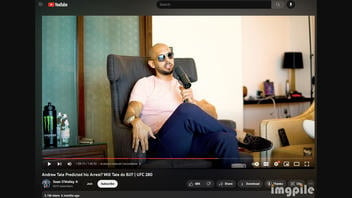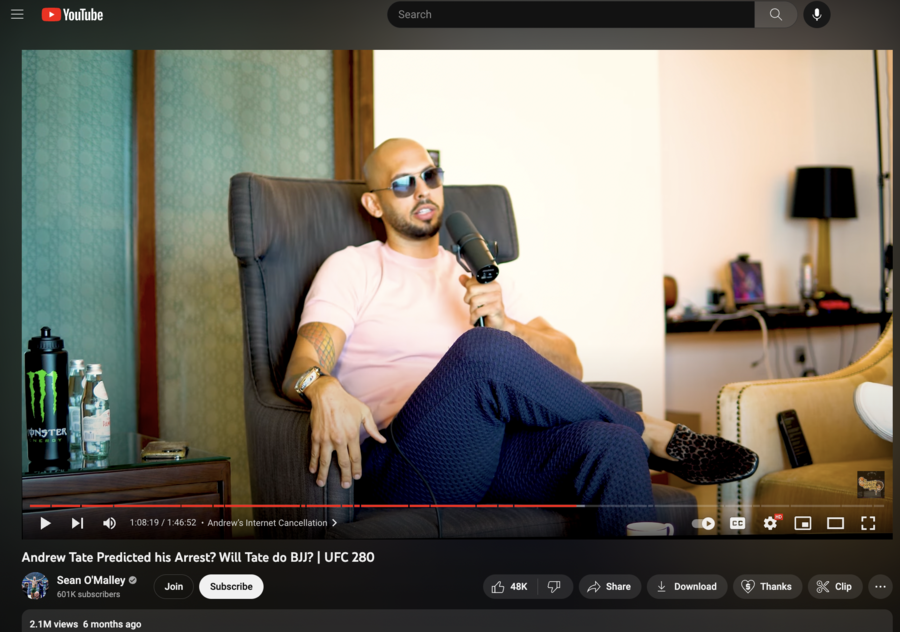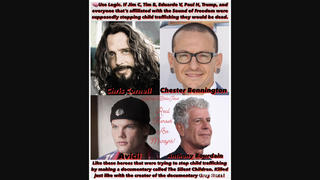
Did NATO sign a written agreement not to expand eastwards after the fall of the Soviet Union? No, that's not true: On its website, NATO refutes the claim, and even Russia -- which historically argued that it was offered verbal guarantees -- did not take it as far as stating that such a formal agreement was signed in the aftermath of the USSR's fall.
The claim appeared in a video (archived here) published on YouTube in October 2022. It contained a monologue of British-American blogger and former kickboxer Andrew Tate, arrested in Romania in December 2022 on charges related to the exploitation of women. At the 1:08:19 mark, he said:
When the USSR fell, NATO said it will not expand one inch eastward. That's what they promised Putin. Since then, they've expanded eastward nonstop. They have Lithuania, Estonia, Romania, Poland, Bulgaria, Turkey, they've just expanded, right? They've expanded all the way to Russia's border. And Russia and Putin have taken them to international court repeatedly, saying, 'Listen, this is against the rules. You said you're not going to do this. You keep breaking the agreement you signed.'
Here is what the post looked like at the time of writing:
(Source: YouTube screenshot taken on Wed May 17 17:41:50 2023 UTC)
On May 16, 2023, the claim resurfaced on Instagram.
However, it is not grounded in facts.
The NATO website explicitly denies the existence of any agreements setting limits on acceptance of new member states:
Such an agreement was never made. NATO's door has been open to new members since it was founded in 1949 - and that has never changed. This "Open Door Policy" is enshrined in Article 10 of NATO's founding treaty, which says 'any other European State in a position to further the principles of this Treaty and to contribute to the security of the North Atlantic' can apply for membership. Decisions on membership are taken by consensus among all Allies. No treaty signed by the United States, Europe and Russia included provisions on NATO membership.
After the fall of the Soviet Union, Russia repeatedly insisted that the non-expansion agreement existed, but even Moscow did not say it was a written document signed by the involved sides -- instead, the Kremlin argued that it was either a verbal promise or a broader framework allowing such an interpretation.
One of the most notable examples of such rhetoric was the 2007 speech delivered by Russian President Vladimir Putin in Munich. It reveals two instances he considered to be some form of agreement. One was amendments to the 1990 Treaty on Conventional Armed Forces in Europe that remained unratified by both the European Union and the United States at the time of the speech. Another one was a quote from NATO Secretary General Manfred Woerner who, according to Putin, said in 1990 (as translated by DeepL): "The very fact that we are prepared not to station NATO troops outside the territory of the FRG [Federal Republic of Germany] gives the Soviet Union firm security guarantees."
Both examples took place before Putin became the president of the Russian Federation. Ironically, it was Russia that suspended its participation in the Treaty on Conventional Armed Forces in 2007, not the U.S. or NATO.
Yet, even Putin did not cite any written documents explicitly saying that NATO agreed not to expand eastwards.
His predecessor, Boris Yeltsin, the first president of post-Soviet Russia, asked the U.S. for formal guarantees that newly independent countries that used to be parts of the USSR would not enter NATO, but Bill Clinton's White House did not do so, according to declassified documents. Other documents from that time, previously unavailable to the general public, show that the State Department, for example, considered scaling down NATO's enlargement, but that never materialized in a legally binding bilateral agreement, either.
As the first reports about the movements of the Russian forces to the Ukrainian border appeared in the American press in December 2021, the Kremlin drafted a written proposal demanding that the U.S. sign the document formally agreeing to stop NATO's expansion. Only two days after U.S. diplomats received the proposal, it was published on the Russian government websites. The U.S. never signed the document: A search across U.S. government websites does not produce any relevant results. As of this writing, the proposal on the website of the Russian Ministry of Foreign Affairs contains a disclaimer notifying the public that it is a draft.


















